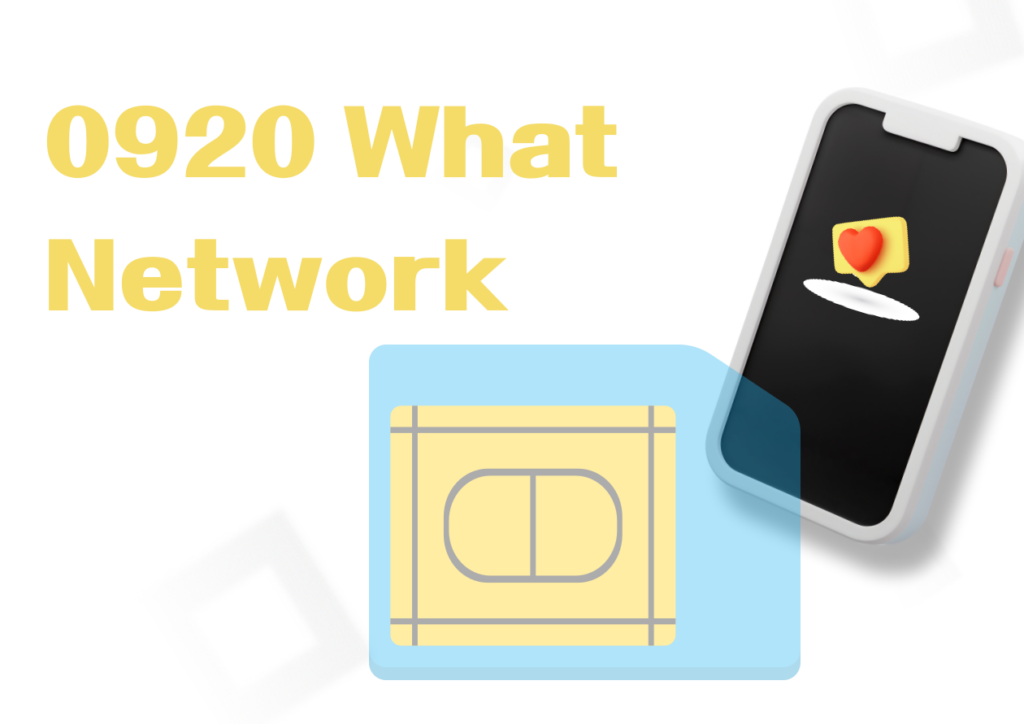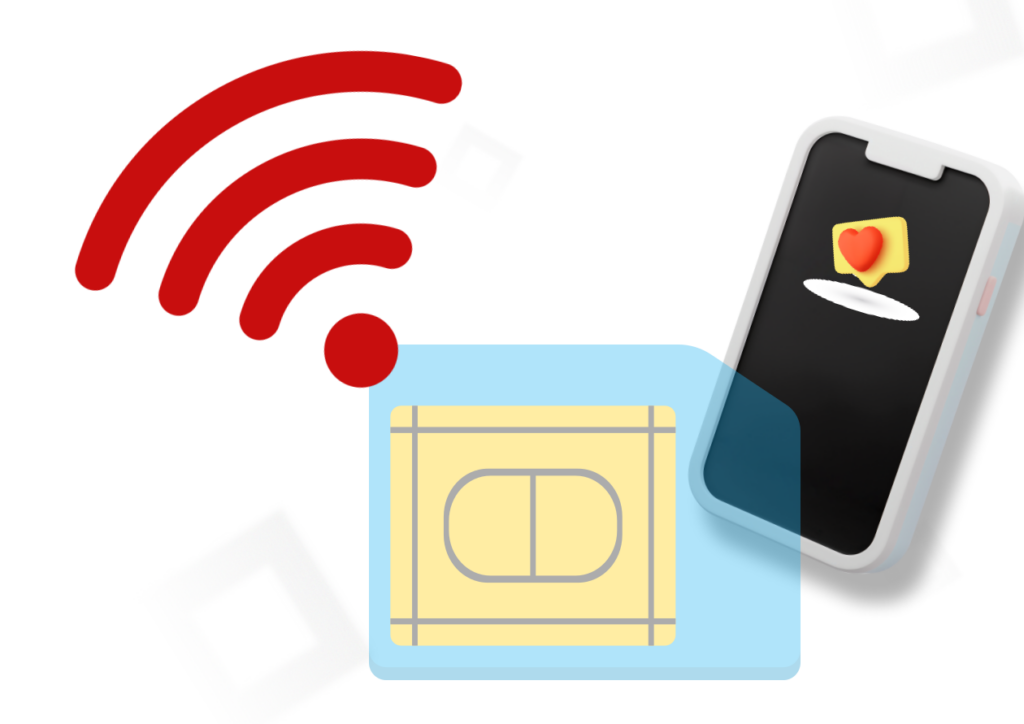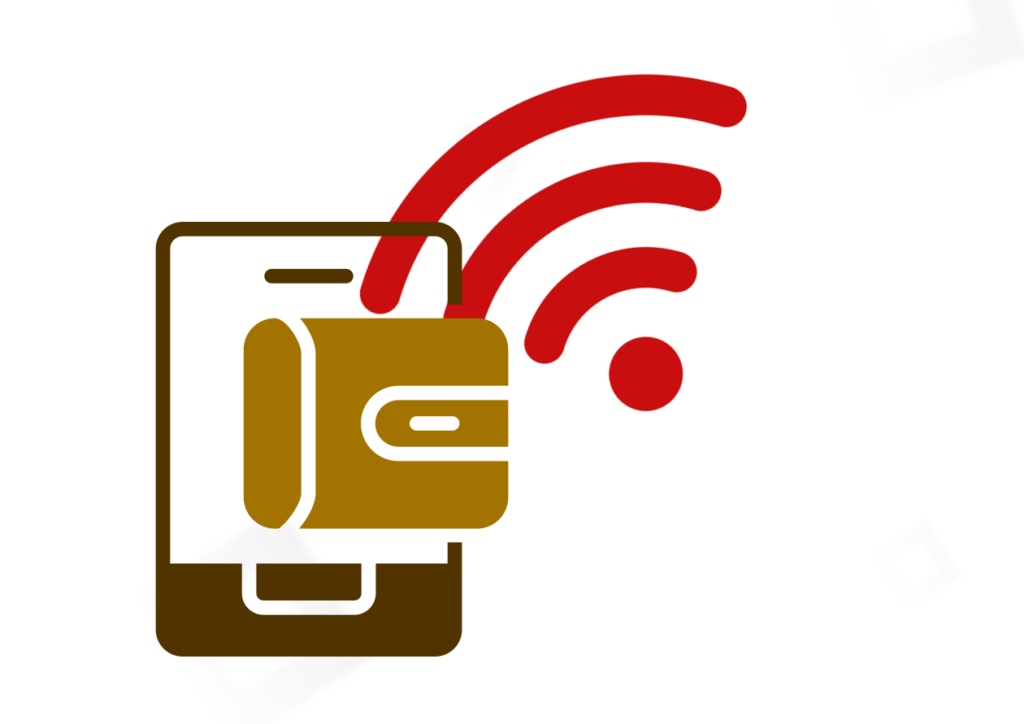Bitcoin(BTC)$69,167.007.22%
Ethereum(ETH)$2,071.4411.55%
Tether(USDT)$1.000.01%
XRP(XRP)$1.478.12%
BNB(BNB)$631.807.37%
USDC(USDC)$1.00-0.02%
Solana(SOL)$88.8813.61%
TRON(TRX)$0.2858881.26%
Dogecoin(DOGE)$0.10364212.58%
 Figure Heloc(FIGR_HELOC)$1.030.35%
Figure Heloc(FIGR_HELOC)$1.030.35%
0920 What Network? Trying to Identify We Can Help You Solve This Common Query

0920 what network , in global finance, the most profound insights often originate from the simplest questions. An analyst might ask, “What is the settlement time for this bond?”
while another might inquire about a country’s foreign exchange reserves. But consider a query that, on its surface, seems purely operational: “0920 what network? ”
This question, frequently asked in the Philippines, refers to identifying the mobile carrier for a phone number starting with the 0920 prefix. The straightforward answer is Smart Communications, a major Philippine telecommunications provider.
However, for a financial analyst examining the hyper-digitized markets of Asia, particularly a fintech powerhouse like South Korea, this question is not a dead end. It is a doorway.
It reveals the fundamental architecture underpinning the modern digital economy: the fusion of mobile identity with financial services. Understanding this link is no longer optional;
This article will use this seemingly simple telecom query as a case study to explore the sophisticated financial ecosystem of South Korea, where the line between a phone number and a bank account has all but disappeared.
The ‘0920 What Network’ Question in a Fintech Context
To understand advanced markets like South Korea, one must first grasp the foundational principle that the “0920 what network” question illustrates. A mobile number is no longer just a communication tool; it is a primary digital identifier.
From Telecom Query to Financial Identifier

In many parts of Asia, a person’s mobile number is their de facto digital passport. It is used for everything from two-factor authentication for banking to registering for government services.
As of mid-2025, over 98% of South Koreans own a smartphone.
making mobile identity the most ubiquitous form of verification.
This contrasts with Western markets, where email addresses or separate identity services often fill this role. The reliance on a mobile number creates a direct link between telecommunication infrastructure and financial accessibility.
The SIM Card as a Financial Key
The SIM card, and by extension the network it connects to, acts as a trusted key.
Financial institutions and fintech startups leverage this built-in security layer provided by telecom operators.
Knowing which network a user is on—the core of the “0920 what network” query—can influence service delivery, partnership opportunities, and even risk assessment models developed by financial firms looking to enter or expand in these markets.
Mobile Identity as the Bedrock of Korean Fintech
South Korea presents a masterclass in leveraging mobile identity for financial innovation. The country’s fintech market is projected to exceed $150 billion in transaction value by the end of 2025, built almost entirely on the rails of its advanced mobile infrastructure.
South Korea’s Hyper-Connectivity
With an average internet speed that consistently ranks among the fastest in the world and a population that is nearly 100% connected, South Korea was fertile ground for a digital finance revolution. This environment allowed platforms to leapfrog traditional banking infrastructure.
Platforms like Kakao Pay and Toss
Dominant “super-apps” like KakaoTalk (with its integrated Kakao Pay) and dedicated fintech platforms like Toss have become central to daily life. According to a 2025 report from the Bank of Korea, over 80% of all peer-to-peer transactions in the country are now conducted through these mobile platforms. They allow users to pay bills, invest in stocks, and even acquire insurance, all authenticated with their mobile identity. For more on this trend, see this analysis of South Korea’s digital landscape.
The Micro-Transaction Economy and Mobile Payment Cash
This mobile-first environment has supercharged the microtransaction economy, fundamentally changing how money moves, especially in small denominations.

The Gig Economy and P2P Payments
The rise of the gig economy and informal P2P commerce relies on frictionless payments. For freelancers and small online vendors, the ability to receive instant payment for services is critical. For them, cashing out small payments is a good way to manage daily liquidity without the delays associated with traditional bank transfers. This seamless flow of mobile payment cash is the lifeblood of this new economy.
The Decline of Physical Cash
The shift is stark. In major urban centers like Seoul, the use of physical cash has plummeted. A recent study by the Seoul Metropolitan Government found that cashless payments accounted for over 96% of all consumer transactions in the city during the first half of 2025, a trend driven entirely by mobile payment and credit card usage.
Lessons for Global Analysts
The journey from a simple telecom prefix question to the heart of a fintech revolution offers critical lessons for international observers. The “0920 what network” dilemma is a microcosm of the due diligence required to succeed in Asia.
Understanding Regional Nuances is Key
An analyst cannot simply apply a Western model to the Korean market. Understanding the deep integration of telecom companies in the financial ecosystem is paramount. This requires looking beyond balance sheets and into the technological and cultural fabric of the nation.
Projecting Future Trends
The development arc in markets like the Philippines, where digital wallets like GCash and Maya are tied to mobile numbers, serves as an early indicator of the trends now fully mature in South Korea. By studying these emerging ecosystems, analysts can better predict the evolution of digital finance globally.
Conclusion: Beyond the Initial Query
We began with a simple question: 0920 what network? We found the answer at Smart Communications in the Philippines but discovered that the real value lies in understanding the question’s implication. It reveals that in the world’s most dynamic economies, your phone number is your financial identity. The seamless integration of mobile networks and banking has created an ecosystem where cashing out small payments is a good way to participate in a vibrant digital economy, rendering traditional mobile payment cash flows nearly obsolete. For analysts studying the Korean market, overlooking this fundamental truth is a critical error. The architecture of mobile identity is not just a footnote in the story of Korean finance; it is the headline.
For financial professionals seeking to navigate the complex interplay of technology and finance in Asian markets, staying informed is non-negotiable. At globeorsmart.org, we provide the expert analysis and cross-regional insights you need to stay ahead of the curve.